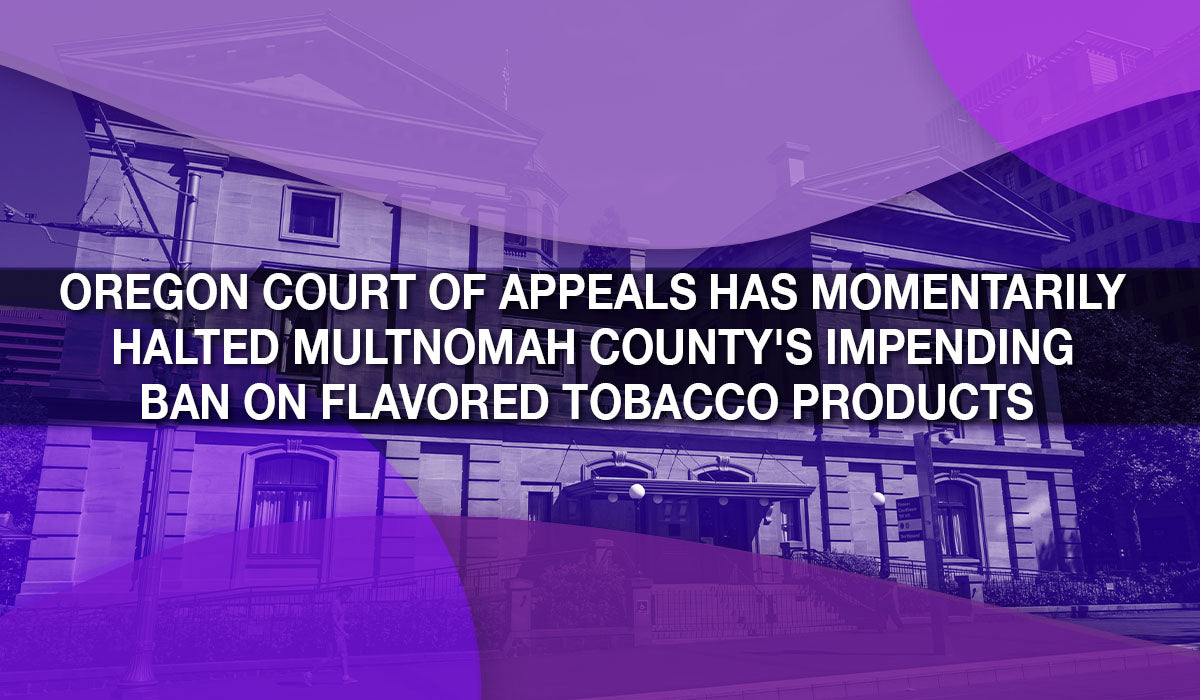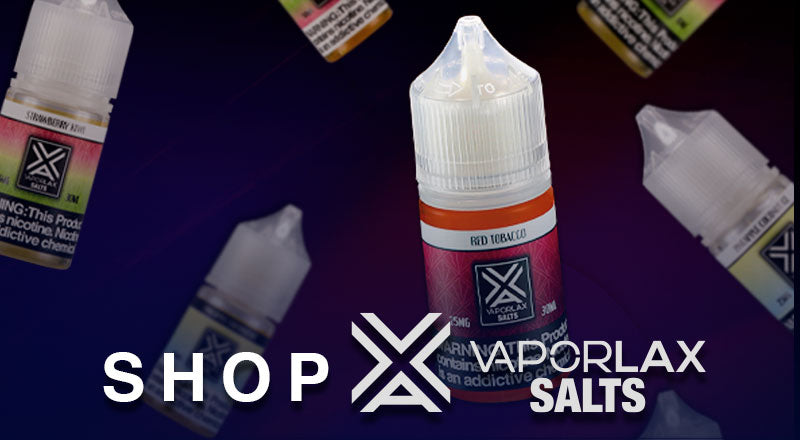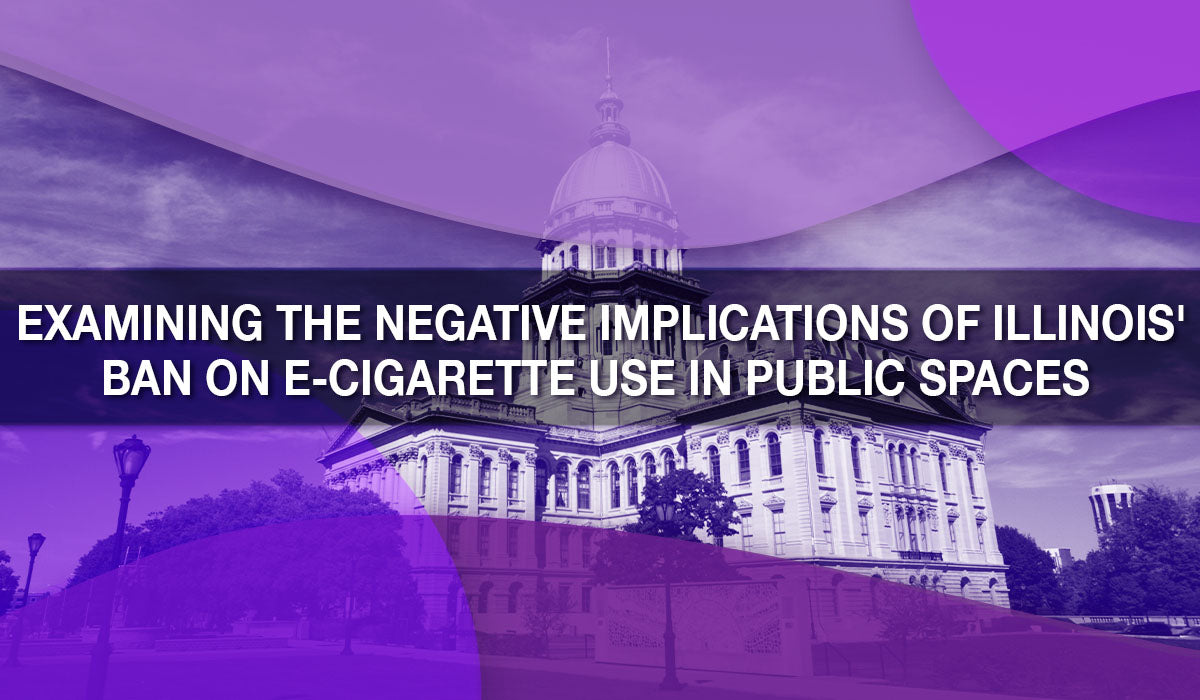
Oregon Court of Appeals has Halted Impending Ban on Flavors
The Oregon Court of Appeals temporarily stopped Multnomah County's imminent flavored tobacco product ban, raising concerns about its potential negative impacts on businesses. The stay, issued during ongoing legal proceedings, reflects apprehensions expressed by tobacco and vaping sectors regarding the ban's threat to business closures and job losses.
Economic Impact of Vape Flavor Ban
Multnomah County was poised to become the first in Oregon to enforce such a ban, signaling significant economic implications. Sheila LaPlante from Vape Lounge at Tobacco Land in Portland highlighted the severe consequences, anticipating widespread closures, job losses, and a shift of customers to neighboring regions like Clackamas County or even across state lines to Washington, worsening the economic fallout.
LaPlante revealed that almost all of her business—98%—depended on flavored tobacco or vaping products, making the ban an existential threat. She emphasized the likelihood of shutting down her business and laying off seven staff members.
Tobacco and vaping advocates urgently sought the stay before the ban took effect, citing concerns about irreparable harm to vape stores and related entities. They warned of severe financial losses, job cuts, lease breaches, and business disruptions.
Case for Vape Flavor Ban
In contrast, Flavors Hook Oregon Kids, a coalition aiming to protect Oregonian youth from flavored tobacco, emphasized the risks of these products in enticing young users into nicotine addiction. They urged prompt court action, citing the danger of further nicotine addiction among youth due to delays in implementing measures against these harmful products.
Case Against Vape Flavor Bans
However, the hypothetical gains from a flavored tobacco product ban should be carefully weighed against potential drawbacks. Especially with youth vaping rates down 60 percent from their 2019 peak.
Economic Impact
Such bans significantly affect businesses reliant on flavored tobacco sales, leading to closures, job losses, and financial instability. Small businesses, especially vape shops and tobacco retailers, may face dire consequences, potentially shutting down.
- Black Market Emergence: Prohibition often stimulates black markets, offering unregulated and unsafe alternatives, defeating the purpose of public health protection.
- Consumer Behavior Shift: Bans may prompt consumers to seek products elsewhere, negatively impacting local businesses while not reducing consumption, merely displacing it geographically.
- Personal Freedom: Critics argue that bans infringe upon personal freedoms and adult choices, limiting access even for responsible users.
- Unintended Consequences: Restrictions may lead to riskier alternatives or DIY solutions, escalating health hazards, particularly among youth.
- Lack of Comprehensive Approach: Bans might not effectively address youth nicotine addiction, requiring education and targeted interventions alongside prohibition.
- Legal and Enforcement Challenges: Implementing and enforcing bans can be resource-intensive and divert attention from other pressing issues.
Declines in smoking rates have started to stall ; if we're going to help more adults quit combustible cigarettes we have to embrace harm reduction and offer adult smokers modified risk nicotine products that don't have same risks as combusting tobacco 1/2 https://t.co/l3a1zmffqc
— Scott Gottlieb, MD (@ScottGottliebMD) February 26, 2024
Examples from Massachusetts and San Francisco suggest that bans could lead to increased cigarette sales and higher youth smoking rates, contradicting public health goals.
In essence, while intending to safeguard public health, bans on flavored tobacco products often pose multifaceted challenges and unintended consequences that merit thorough consideration.









Leave a comment
This site is protected by hCaptcha and the hCaptcha Privacy Policy and Terms of Service apply.